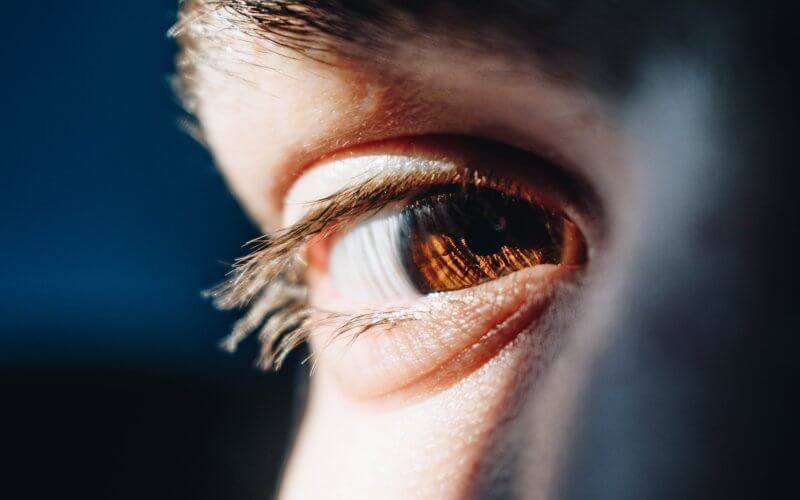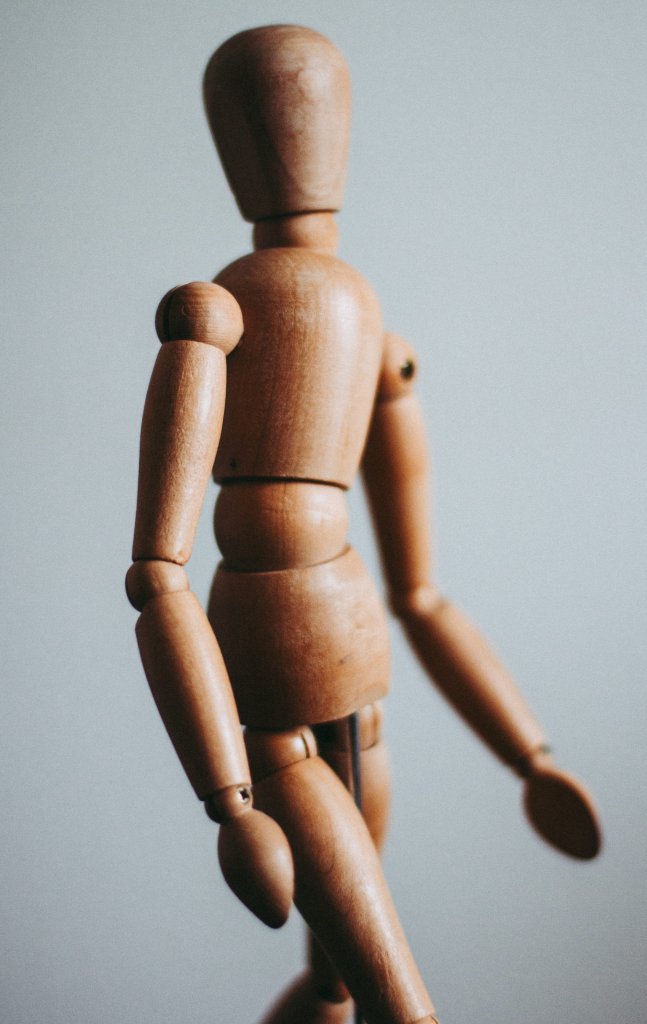What causes insomnia?

In the previous article in our series on insomnia, we defined insomnia, looked at its symptoms and touched on the different types of insomnia. Now it’s time to look at what causes of insomnia, because understanding where your insomnia is coming from can be an important first step in recovering from it.

Insomnia causes: Mental health
Mental health, insomnia- the two often go hand in hand and feed into one another in a vicious cycle that can be extremely difficult to break. So while we’re looking at the causes of insomnia here, it’s important to bear in mind that, when it comes to mental health and insomnia, defining causes and consequences is something of a chicken-and-egg situation.
Depression
Take depression for example, insomnia has traditionally been considered a symptom of depression but the relationship between the two conditions is perhaps less defined than first thought. Depression can make it more difficult to sleep and in turn, insomnia can aggravate and perpetuate the symptoms of depression, upsetting physiological balances and hormones.
The good news in all this? Treating one of these conditions has been shown to have a positive impact on the other. Cognitive Behavioral Therapy for Insomnia (CBT-I) has been proven to have benefits that extend beyond insomnia in depressive patients.
Anxiety
Mental rumination, work-related stress, dread about the future, worrying about the past, panic over responsibilities. Anxiety is an overwhelming condition that has a big impact on how easy you find it to fall asleep and fall back asleep if you wake up in the night. We’ve most likely experienced this occasionally one night here and there (excluding the extremely lucky!) but when this kind of thinking becomes frequent it can cause and aggravate insomnia, as sleep itself becomes a source of stress. In fact, Cognitive Behavioral Therapy for Insomnia, the solution recommended by experts, has a series of exercises dedicated to undoing this vicious cycle.

Insomnia causes: Physical health
There are physical illnesses that have symptoms which make being comfortable at night and sleep complicated. Arthritis, chronic pain, acid reflux, thyroid conditions can all be responsible for insomnia. There is also a link with neurological conditions, for example, a higher frequency of insomnia is also found in people with Parkinson’s disease.
Insomnia causes: Other sleep disorders
Insomnia may also be a symptom of other sleep disorders:
- Sleep apnea. Pauses in breathing caused by an obstructed airway can repeatedly wake someone up during the night. This disrupted sleep can cause insomnia.
- Restless leg syndrome. A condition that manifests as a need to move the legs. This can cause insomnia as it is typically worse at the end of the day. These sleep disorders can require separate treatment and can contain contraindications with Cognitive Behavioral Therapy for Insomnia.
Insomnia causes: GABA
Primary insomnia, that is when someone seems to have no other psychological or physical conditions, is something of a medical mystery. What causes insomnia when no other conditions are present? It turns out that the answer may be chemical. Researchers have shown that people with primary insomnia have around 25-30% less GABA. This neurotransmitter- GABA (Gamma-Aminobutyric Acid) reduces neuronal excitability throughout the day. So, this suggests that perhaps insomnia is more than just a nighttime sleep problem but a 24hr problem.
One final thing
Insomnia is a veritable tangle of symptoms, consequences, and as we’ve seen here causes. Determining the cause of insomnia is a vital first step in recovering from it. Treatment for someone with apnea and someone with comorbid depression and insomnia would not be the same. Consulting with your doctor is always a wise step if in doubt. However, we published an insomnia test that will help you know the severity of it.
How can Dreem help?
If your insomnia is seemingly unrelated to other medical conditions, Dreem 2 may be able to help you. Dreem 2 is a solution designed to help people who experience difficulty falling asleep or staying asleep during the night. The headband collects data through the night and is then used to provide you with adapted exercises like sleep consolidation. Everything you need to that take the steps towards better sleep.
Discover your sleeper profile with this sleep test
Start




